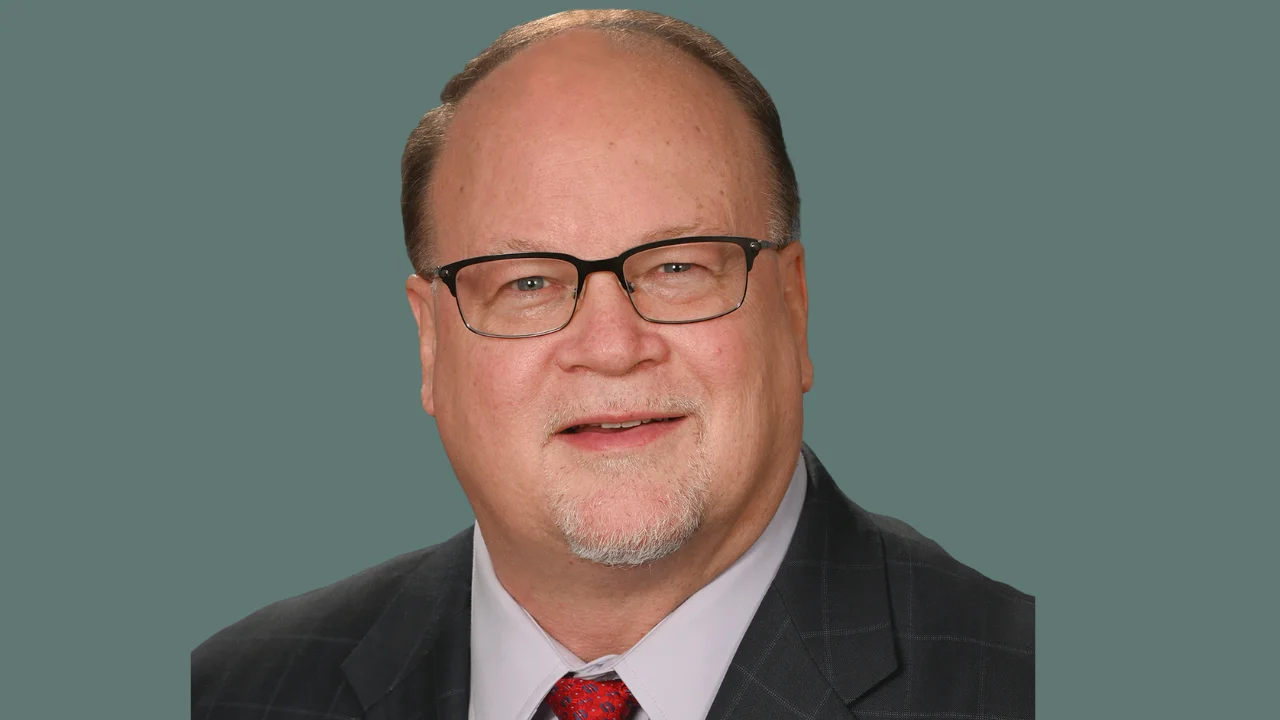State Senator Jim Runestad | Michigan House Republicans
State Senator Jim Runestad | Michigan House Republicans
Michigan State Senator Jim Runestad has voiced criticism of what he describes as the “left’s obsession with forcing social ideology into health care policy,” claiming it has negative effects on the state’s health system. In an op-ed published in The Detroit News, Runestad pointed to opposition against Medicaid reforms that would require able-bodied adults without dependents to work, enroll in school, or perform community service for 20 hours a week.
“Simply requiring able-bodied adults without dependents to work, enroll in school or perform community service 20 hours a week is labeled cruel. That’s nonsense,” Runestad wrote. “Work and structure benefit both individuals and society. These reforms ensure taxpayer dollars go to those who truly need and deserve them, just like welfare reform in the 1990s proved.”
He argued that Democratic approaches to “health equity” have resulted in disparities between rural and urban communities. According to Runestad, these policies prioritize politically favored groups rather than focusing on improving access or outcomes for all residents.
Runestad cited Michigan’s COVID-19 vaccine rollout as an example. He criticized the use of the Social Vulnerability Index during distribution, stating that it prioritized factors such as race, housing, and unemployment over health risks like age or frontline status. “Instead of prioritizing seniors, frontline workers or those with medical vulnerabilities, they used the Social Vulnerability Index, prioritizing based on race, housing and unemployment; not simple data-backed health risks,” he said.
The senator referenced vaccination rates early in the rollout: “For example, in Washtenaw County, 237 per 1,000 residents received vaccines early on compared to just 90 per 1,000 in Macomb County. That means seniors in Macomb were two to three times less likely to get vaccinated than those living in Ann Arbor.” He added: “This wasn’t just a data failure — it cost lives. Even frontline workers and nursing home residents were denied access while vaccines were sent to low-risk areas based on nonsensical social vulnerability scoring.”
Runestad also questioned how Michigan determines whether an area is medically underserved. He criticized current methods for relying on formulas using indicators such as infant mortality and poverty rates instead of actual physical accessibility to providers.
“These indicators speak to the quality of care but not access to it. Without reliable access, quality means nothing. A great doctor doesn’t help someone who can’t reach them,” Runestad stated.
He highlighted disparities between rural and urban Michigan regarding medical personnel availability: rural areas average nine nurses per 10,000 people compared with 15 in metropolitan regions; among physicians the gap is wider—15 per 10,000 versus 42 per 10,000 respectively.
“Despite this, Democrats funnel health care dollars into urban centers while rural communities fall further behind. That’s indefensible,” he wrote.
According to Runestad, these differences contribute to higher mortality rates from cancer, heart disease, and respiratory illness among rural Michiganians—not due to higher incidence but because of limited treatment options.
He concluded by urging Republicans to address what he called a broken system: “It’s time Republicans lead. It’s time to fix this broken system and deliver real health care access to every corner of Michigan.”
The op-ed appeared in the July 27 edition of The Detroit News.


 Alerts Sign-up
Alerts Sign-up